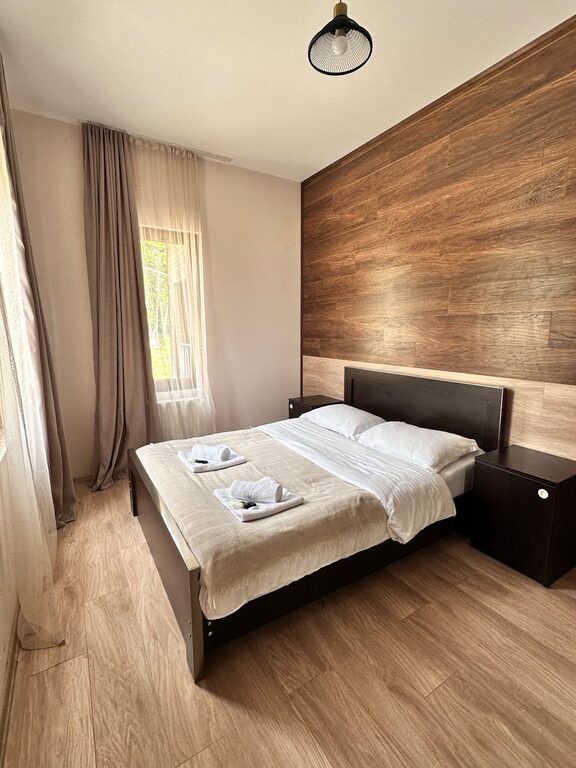
A good night’s sleep is essential for feeling refreshed and energized. One of the best ways to improve your sleep quality is by establishing a relaxing bedtime routine. When you create a ritual that helps your body and mind wind down, you can fall asleep faster and experience deeper, more restorative rest.
In this post, we’ll explore practical steps to build a calming bedtime routine that suits your lifestyle. Whether you struggle to fall asleep or just want to enhance your sleep experience, these tips can help you prepare for rest each night.
Why a Bedtime Routine Matters
Before diving into the how-to, it’s helpful to understand why a bedtime routine is beneficial. Our bodies thrive on consistency. When you perform the same calming activities every night before bed, your brain starts recognizing those signals and begins preparing for sleep.
This natural cueing can:
– Reduce stress and anxious thoughts
– Signal your body to lower heart rate and relax muscles
– Help regulate your internal clock (circadian rhythm)
– Promote deeper and more consistent sleep cycles
How to Create a Relaxing Bedtime Routine
Follow these steps to design a routine that works for you.
1. Set a Consistent Sleep Schedule
Try to go to bed and wake up at the same time every day, even on weekends. This helps set your internal clock and improves the overall quality of your sleep. Start your routine about 30 to 60 minutes before your planned bedtime.
2. Limit Screen Time Before Bed
The blue light emitted from phones, tablets, and computers can interfere with melatonin production – the hormone responsible for sleepiness. Aim to turn off screens at least 30 minutes before bed. Instead, choose calming activities like reading a book or listening to soft music.
3. Create a Calm Environment
Your bedroom should be a relaxing oasis dedicated to rest. Consider these tips:
– Keep your room cool, ideally between 60-67°F (15-19°C)
– Use blackout curtains or an eye mask to block light
– Minimize noise, or add gentle white noise if needed
– Ensure your mattress and pillows feel comfortable and supportive
4. Wind Down with Gentle Activities
Choose calming practices that signal your body it’s time to sleep:
– Read a book: Avoid thrilling or stressful content.
– Practice deep breathing: Simple breathing exercises can lower your heart rate.
– Try progressive muscle relaxation: Tense and relax muscle groups to release tension.
– Listen to relaxing music or nature sounds: Keep the volume low and soothing.
– Write in a journal: Note down your thoughts to clear your mind.
5. Avoid Heavy Meals and Caffeine Late in the Day
Eating large or spicy meals before bed can cause discomfort and indigestion that disrupt sleep. Also, reduce caffeine intake after mid-afternoon as it can keep you wired.
6. Consider Herbal Teas or Warm Milk
A warm, non-caffeinated beverage can be soothing. Chamomile, lavender, and valerian teas are popular choices known for their calming effects.
7. Take a Warm Bath or Shower
Warm water promotes muscle relaxation and can help lower your body temperature afterward, which is linked to sleepiness.
8. Limit Naps During the Day
While short naps can be refreshing, lengthy or late naps might make it harder to fall asleep at night. If you need to nap, aim for 20-30 minutes earlier in the day.
Sample Bedtime Routine
Here’s an example routine you can adapt to your preferences:
– 8:30 PM: Turn off electronic devices and dim the lights
– 8:35 PM: Enjoy a warm cup of herbal tea
– 8:45 PM: Take a warm bath or shower
– 9:00 PM: Practice deep breathing or light stretching
– 9:15 PM: Read a book or write in a journal
– 9:30 PM: Get into bed, listen to soft music or nature sounds
– 9:45 PM: Lights out for sleep
Tips to Stay Consistent
– Plan your routine to fit your lifestyle and preferences.
– Avoid forcing yourself into activities you don’t enjoy.
– Be patient; it may take a few weeks to notice improvements.
– Adjust your routine if you find certain habits aren’t effective.
When to Seek Help
If you consistently have trouble falling or staying asleep despite a solid routine, consider speaking with a healthcare professional. Sleep disorders like insomnia or sleep apnea require tailored treatment.
Conclusion
Creating a relaxing bedtime routine is a simple yet powerful way to improve your sleep quality and overall wellbeing. By dedicating time each evening to unwind and prepare for rest, you can enjoy more peaceful nights and brighter days. Start small, stay consistent, and find the calming habits that make bedtime a welcome part of your day. Sweet dreams!
